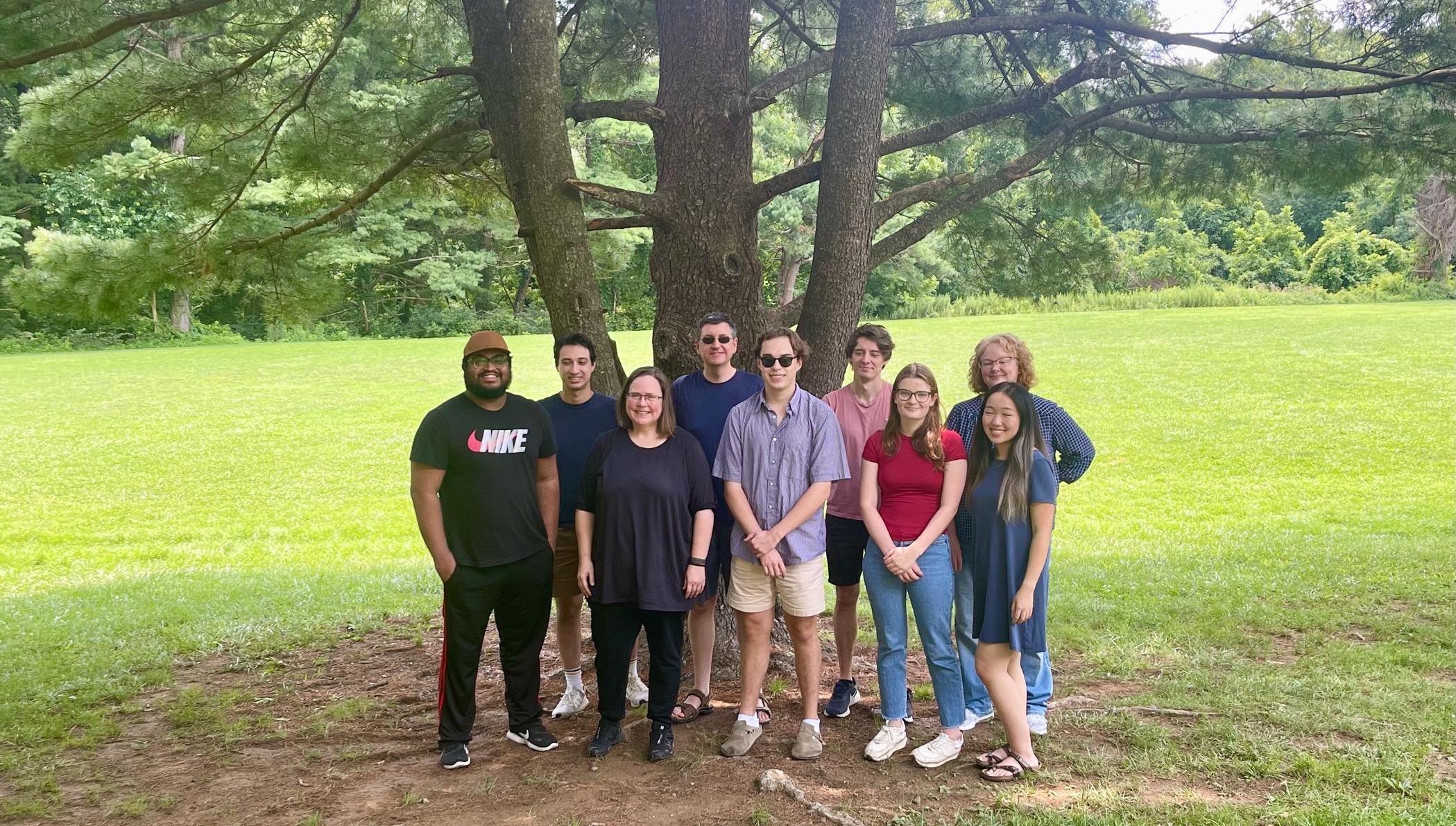Translational Nanobiology Section
Jennifer Clare Jones, M.D., Ph.D.
Research
The Jones Lab has two primary research goals:
1) Developing optimal strategies for combining immune-based therapies with radiation to produce optimal anti-tumor immune responses.
2) Developing new ways to investigate (characterize and categorize) extracellular vesicles, as biological agents, biomarkers, and therapeutic targets. Tumor cells, immune cells, and irradiated tissues release large quantities of biologically active (and distinct) nanoscale extracellular vesicles (e.g., exosomes and microparticles). The Jones Lab combines leading edge technologies and new methods together in a cohesive translational pipeline to investigate extracellular vesicles. This research involves developing improved methods in three broad categories: 1) how samples are collected and processed, 2) establishing high-throughput and precise methods to characterize extracellular vesicles, and 3) utilizing extracellular vesicle data to better understand tumor- and immune-biology and to establish a foundation for next-generation EV-based personalized cancer treatment and monitoring.
Team
Resources
Because many extracellular vesicles (especially exosomes) are 100nm or smaller, conventional flow cytometric instruments and methods are not suitable for analysis of individual EVs. There have been several efforts worldwide to develop and refine methods for EV flow cytometry, but until 2015, there was no rigorous, consistent framework established for validating these methods or for conducting EV flow cytometry experiments with appropriate controls. In collaboration with flow cytometry experts from the International Society for Extracellular Vesicles (ISEV), International Society for the Advancement of Science (ISAC), and International Society on Thrombosis and Hemostasis (ISTH), we have established an EV Flow Cytometry Working Group that is working to establish guidelines for best practices for this area of research. The working group webpage contains links to the societies, tools, reports, and working group materials.
NCI Translational Nanobiology Lab information, software, and protocols are located at: https://nano.ccr.cancer.gov/
The following software was written by Joshua A. Welsh (https://go.cancer.gov/a/y4ZeFtA)
FCM MESF Calculator – This is a standalone software package used to convert flow cytometry arbitrary unit data to .fcs files for standardizing downstream analysis and interpretation of data.
NTA PASS – This is a standalone software package that allows high-throughput analyses of nanoparticle tracking analysis (NTA) data from nanosight instrumentation.
FCM PASS – This is a standalone software package that uses particle scatter modeling to convert flow cytometer scattering parameters to absolute units and writes these to .fcs files for standardizing downstream analysis and interpretation of data. This software is also capable of determining the collection angle of flow cytometers with conventional optics, and converting scatter data to diameter or refractive index given the correct controls.
MPA PASS – This is a standalone software package that uses particle scatter modeling to convert flow cytometer scattering parameters to absolute units and writes these to .fcs files for standardizing downstream analysis and interpretation of data. This software is also capable of determining the collection angle of flow cytometers with conventional optics, and converting scatter data to diameter or refractive index given the correct controls.




